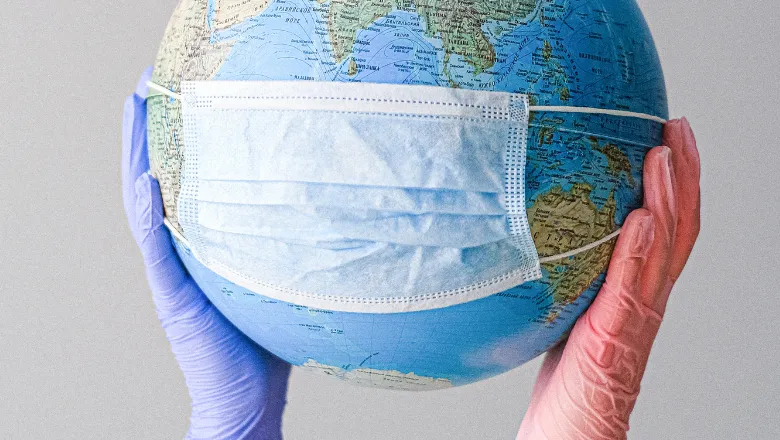Researchers from the School of Cancer & Pharmaceutical Sciences investigate the effect of COVID-19 and resulting lockdowns on cancer patients

The COVIDSurg Collaborative has looked at the impact of the first wave of the COVID-19 pandemic on planned cancer surgery for patients in 466 hospitals across 61 countries to understand whether the degree of lockdown impacted whether or not a patient received their surgery.
For countries like the UK which underwent 'hard' lockdowns, 10% of patients did not receive their curative cancer surgery. Even with countries where there was a moderate degree of lockdown, upto 5% of patients still did not receive their planned cancer surgery.
King's College London has been at the forefront of the global surgical movement since we a team of researchers including Professor Richard Sullivan and Mr Andy Leather co-chaired the Lancet Commission on Global Surgery 2030 in back in 2015 and subsequently led the Lancet Oncology Commission Global Cancer Surgery: delivering safe, affordable and timely cancer surgery, also in 2015.
In 2017, the NIHR Global Health Research Unit on Global Surgery was founded. From this, the COVIDSurg Collaborative began with the aim of studying the impact of the pandemic on all aspects of global surgery.
This works provide direct evidence of the negative impact of lockdowns on life saving cancer surgery around the world, irrespective of the income setting. The evidence will provide the impetus for new national policies to ensure continuation of critical cancer surgery even during pandemics
There has been little recognition from the COVID pandemic policy community that national lockdowns have caused massive indirect damage to patient health. This data is a stark reminder that the failure to keep health systems 'open' will add significant excess mortality above and beyond that caused by the pandemic.– Professor Richard Sullivan
The next steps look to utilise this data to drive better disaster planning for national cancer control plans. The aim is to ensure that both national policy-makers and WHO integrate this research into their policies, and that this data is used by World Health Assembly to recognise that pandemic mitigation policies can have serious negative consequences on cancer patients.






